From Sea to Table — He’ll Protect You
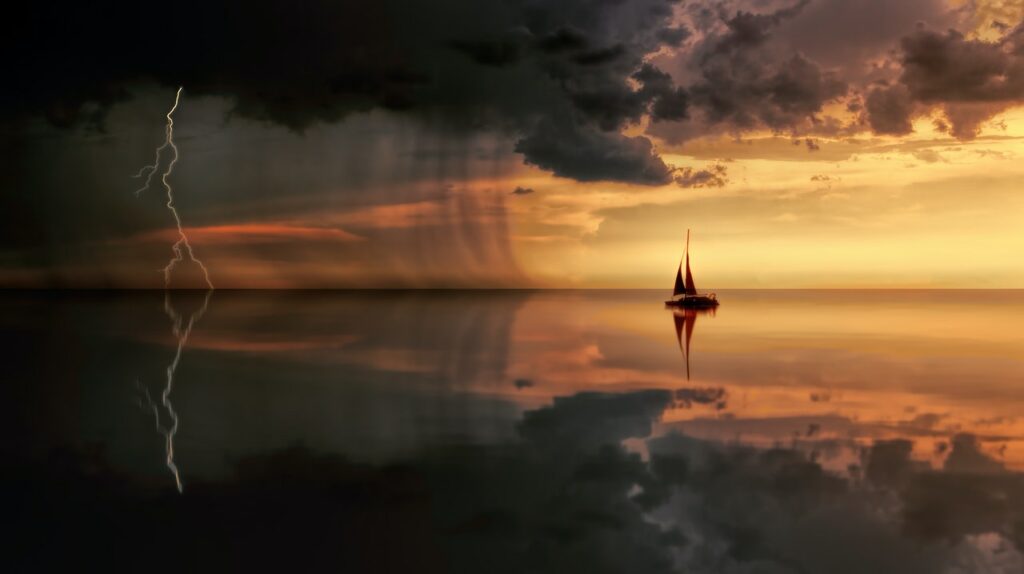
“God is our refuge and strength, a very present help in trouble” (Psalms 46:1). When the winds are howling or the storm is raging, Jesus will always be our source of hope, peace, and protection—if we will let Him. When we let fear, despair, or worry into our lives, they will take over and peace will seem impossible. Yet Jesus is the Prince of Peace!
No Protection for the Strong, Cold Winds
Lou knew the screened pavilion he had sought shelter and protection in would keep the rain and bugs away, but it proved totally ineffective against these horrid blasts. The howling wind just would not calm down. The temperature held steady in the lower 50s, but the windchill from the intense wind made it feel more like the lower 40s to upper 30s. He remained hunched over in a corner beside a stack of chairs, where he diligently tried to read his book. He was able to get a few paragraphs in, but the wind still managed to weave its way in through the chairs. He thought about his body temperature, now dropping from remaining so sedentary while he was reading.
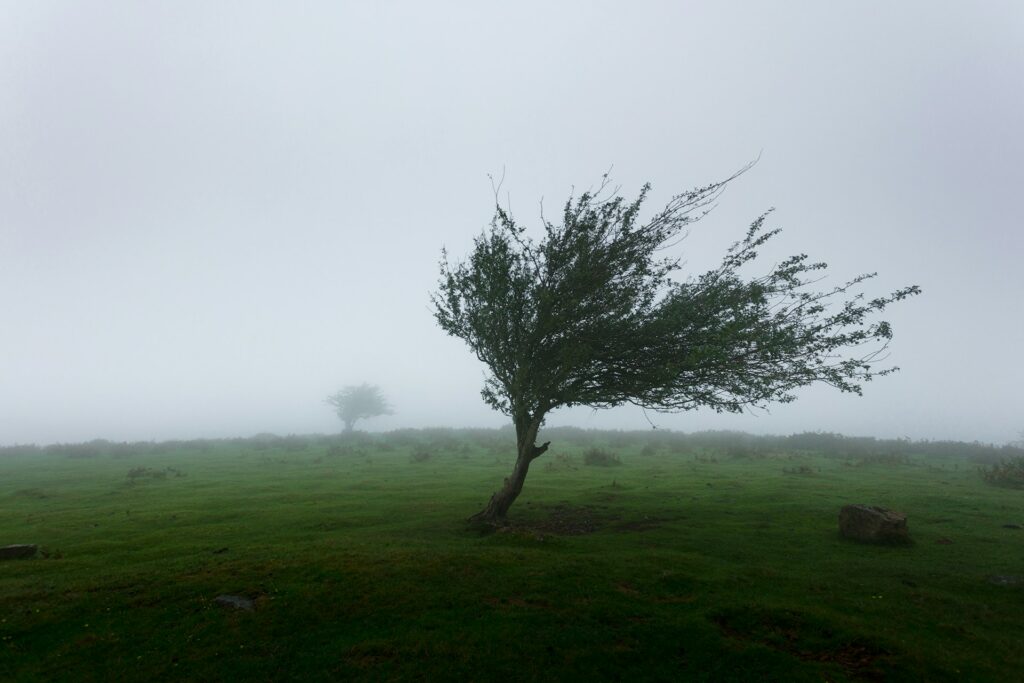
“There has to be some way to make it though these awful wind conditions,” he thought. Then the sky began to make some effort to clear while the sun shone through broken clouds. Yet the winds seemed to retain an unrelenting agenda of their own. Lou’s thoughts drifted to a friend he knew across the inlet, probably still snug in bed asleep, oblivious to the raging gale outside. Yet he knew that their friendship would be greatly strained, to say the least, if he even hinted at the need to stay there for a few days. “My own brother would have let me stay for at least a night,” he murmured to himself, “that is, if I had a brother.”
The water in the inlet seemed to leap over itself, like armies of small frogs trying to escape impending doom. Lou paced repeatedly, from one end of the pavilion to the other, with little improvement.
“Well, I could try pacing around this pavilion,” he blurted out audibly to the stack of chairs, as if they were an active part of his situation. The trees and shrubbery were bent now at an angle significant enough to warrant concern. The water in the inlet seemed to leap over itself, like armies of small frogs trying to escape impending doom. Lou paced repeatedly, from one end of the pavilion to the other, with little improvement. He observed, during all this vigorous pacing, that on the corner opposite where he had unsuccessfully tried to evade the blustery air, there were solid walls—the only ones in the whole place. “Perhaps,” he thought, “these could finally be of some help.”
Crouched now in the small, walled corner, Lou tried again to finish his reading for the day. But, to his dismay, after barely making it through less than a third of a chapter, the wind and its frigid companions stumbled upon his hiding place and taunted him with irritating surges of cold air. In his desperation he burst out of the pavilion and looked toward the sky, its clouds now loosely scattered, and shouted, “Where can I go for shelter and protection from these horrid winds!”
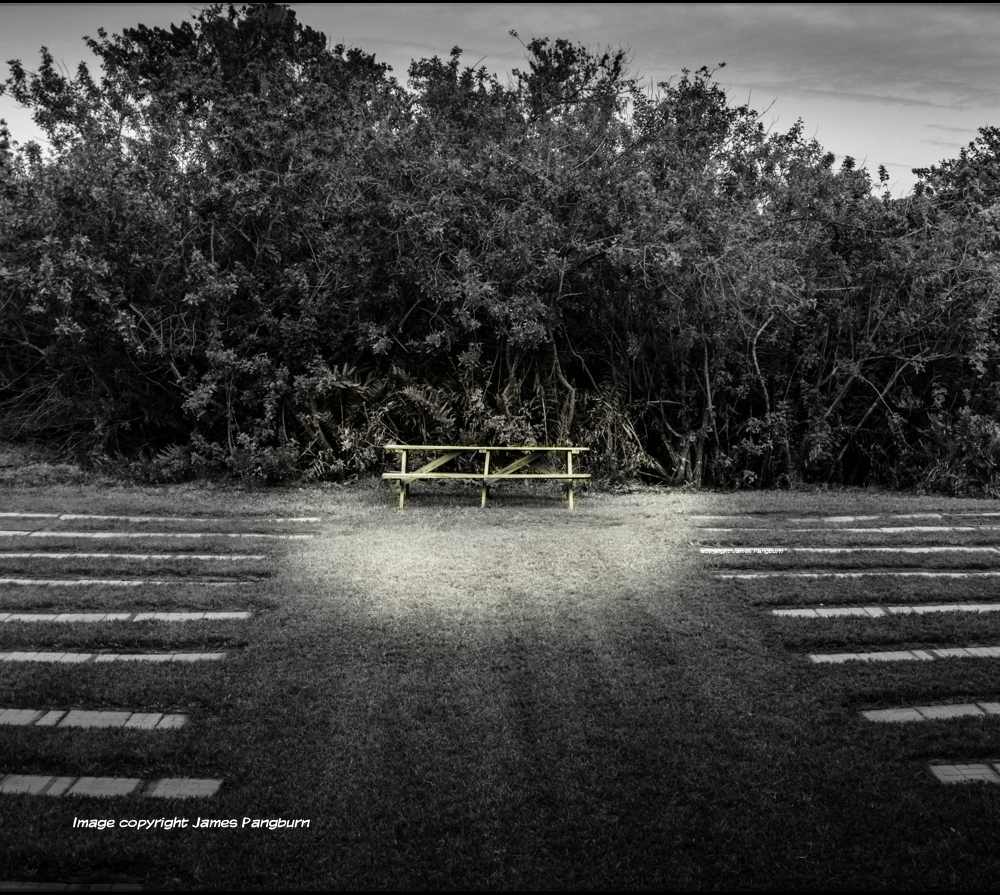
He walked away from the pavilion in frustration. When he reached the thick brush a short distance away, he began to notice a calm appearing in the air. He decided to try sitting on a nearby picnic table, which he had never really noticed before. Almost instantly, the blustery winds became insignificant as warm sun and calm air enveloped him. “Wow,” he exclaimed to himself, “why didn’t I call out for help sooner!”
A similar situation occurred over two thousand years ago. Jesus’ disciples were in a boat on the Sea of Galilee, attempting to cross over to the other side. When they began, everything seemed like just another ordinary voyage across the water. “And the same day, when the even was come, he saith unto them, Let us pass over unto the other side. And when they had sent away the multitude, they took him even as he was in the ship. And there were also with him other little ships” (Mark 4:35, 36).
“They that go down to the sea in ships, that do business in great waters; These see the works of the Lord, and his wonders in the deep. For he commandeth, and raiseth the stormy wind, which lifteth up the waves thereof. They mount up to the heaven, they go down again to the depths: their soul is melted because of trouble. They reel to and fro, and stagger like a drunken man, and are at their wits’ end.”
Psalms 107:23-27
Partially into the journey, the sky grew dark, the winds began to blow violently, and the waves of the sea became enormous. It seemed so bad that they feared all would be lost and their lives were about to end. The boat was becoming swamped by the waves repeatedly crashing over it. “And there arose a great storm of wind, and the waves beat into the ship, so that it was now full” (Mark 4:37). How bleak and hopeless the scene had become in such a short time!
During all of the ensuing turmoil, Jesus simply remained asleep, protected in the rear of the boat! He could sleep since He believed that all would be well—because He knew His time to die had not yet come.
One thing made this trip different from the many others the disciples had taken across this sea. Jesus was in the boat, and He was the One who had told them to cross to the other side of the sea. During all of the ensuing turmoil, Jesus simply remained asleep, protected in the rear of the boat! He could sleep since He believed that all would be well—because He knew His time to die had not yet come. Therefore, none of His disciples with Him were about to die now either.
Of course, the disciples did not know or understand this—they hardly understood who He actually was at this point! As a result, in their fear and unbelief they woke Jesus up, and then scolded Him for sleeping during the raging storm.
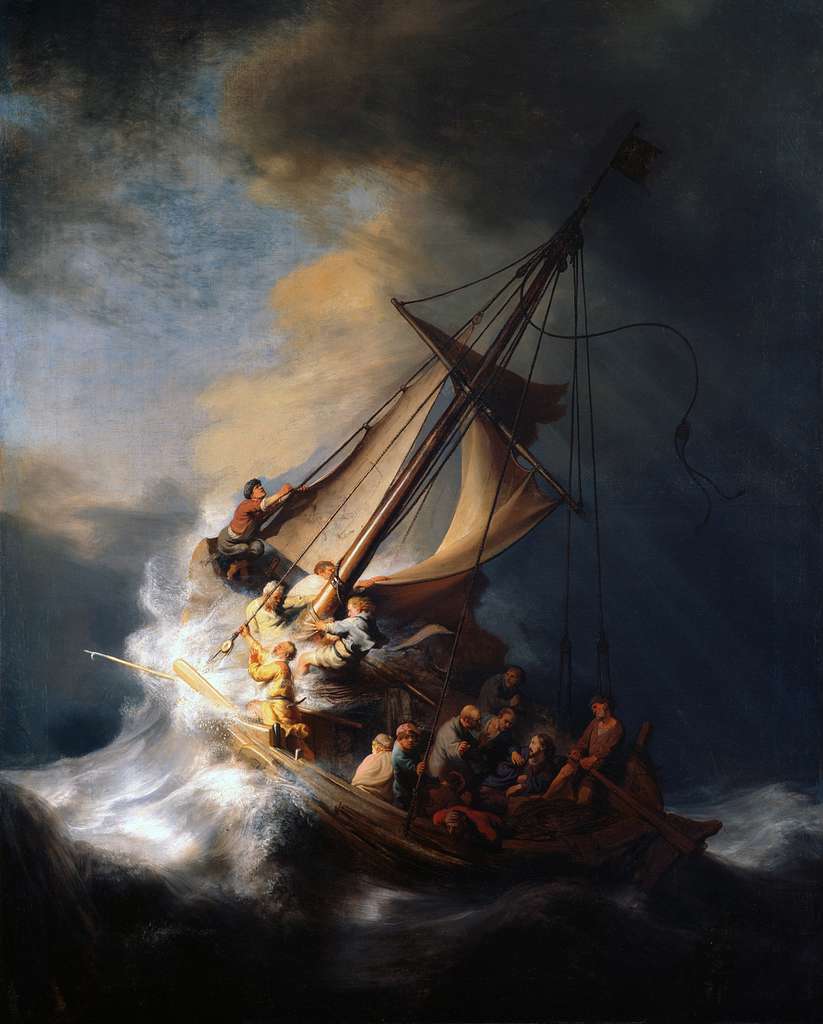
“And he was in the hinder part of the ship, asleep on a pillow: and they awake him, and say unto him, Master, carest thou not that we perish?” (Mark 4:38). Jesus maintained such complete communion with His heavenly Father that He had absolutely no fear concerning any of the turmoil that was occurring. Therefore, He returned their scolding with a stony rebuke of their unbelief, and immediately calmed the raging storm. His disciples were completely amazed at this action. They were convinced before that they were at the point of death, and now everything was completely at ease with no danger any longer at hand!
“And he arose, and rebuked the wind, and said unto the sea, Peace, be still. And the wind ceased, and there was a great calm. And he said unto them, Why are ye so fearful? how is it that ye have no faith? And they feared exceedingly, and said one to another, What manner of man is this, that even the wind and the sea obey him” (Mark 4:39-41)?
“Then they cry unto the Lord in their trouble, and he bringeth them out of their distresses. He maketh the storm a calm, so that the waves thereof are still. Then are they glad because they be quiet; so he bringeth them unto their desired haven.”
Psalms 107:28-20
“…I am come that they might have life, and that they might have it more abundantly” (John 10:10b). We, as the children of God, must put our total trust in our Heavenly Father, just as Jesus put His total trust in God His father. When we grow anxious and worry about the situation that we are in (whether frigid winds or a stormy sea), then we allow doubt and unbelief to come in and take over our lives. We are, in effect, saying that we know better than God does, and that He is not able to protect or take care of His children. The result is that we sin against God.
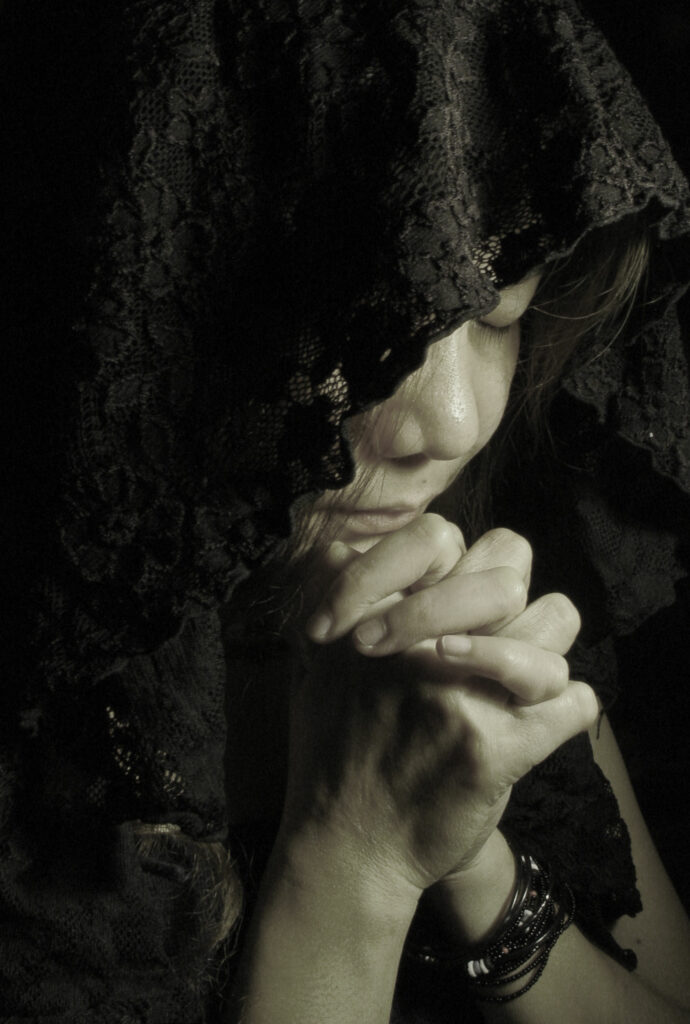
We, like Lou, can be led to protection from the intense winds. Or we can be like Jesus’ disciples were, and let the storm drive us to the point of total doubt and unbelief to the point that we become upset or angry with God. Seek Him and ask Him to help when these trials come, and ultimately trust Him for the outcome. We need to both trust and obey. We can’t say that we are trusting in Him, and then worry about the outcome! If we let go, and let God work, He will make a way through the situation and protect us from the storms.
We, like Lou, can be led to protection from the intense winds. Or we can be like Jesus’ disciples were, and let the storm drive us to the point of total doubt and unbelief to the point that we become upset or angry with God. Seek Him and ask Him to help when these trials come, and ultimately trust Him for the outcome. We need to both trust and obey. We can’t say that we are trusting in Him, and then worry about the outcome! If we let go, and let God work, He will make a way through the situation and protect us from the storms.
[Additional image credits: Featured image (when applicable) by Casia Charlie on Pexels; Opening image by Johannes Plenio on Pexels]




